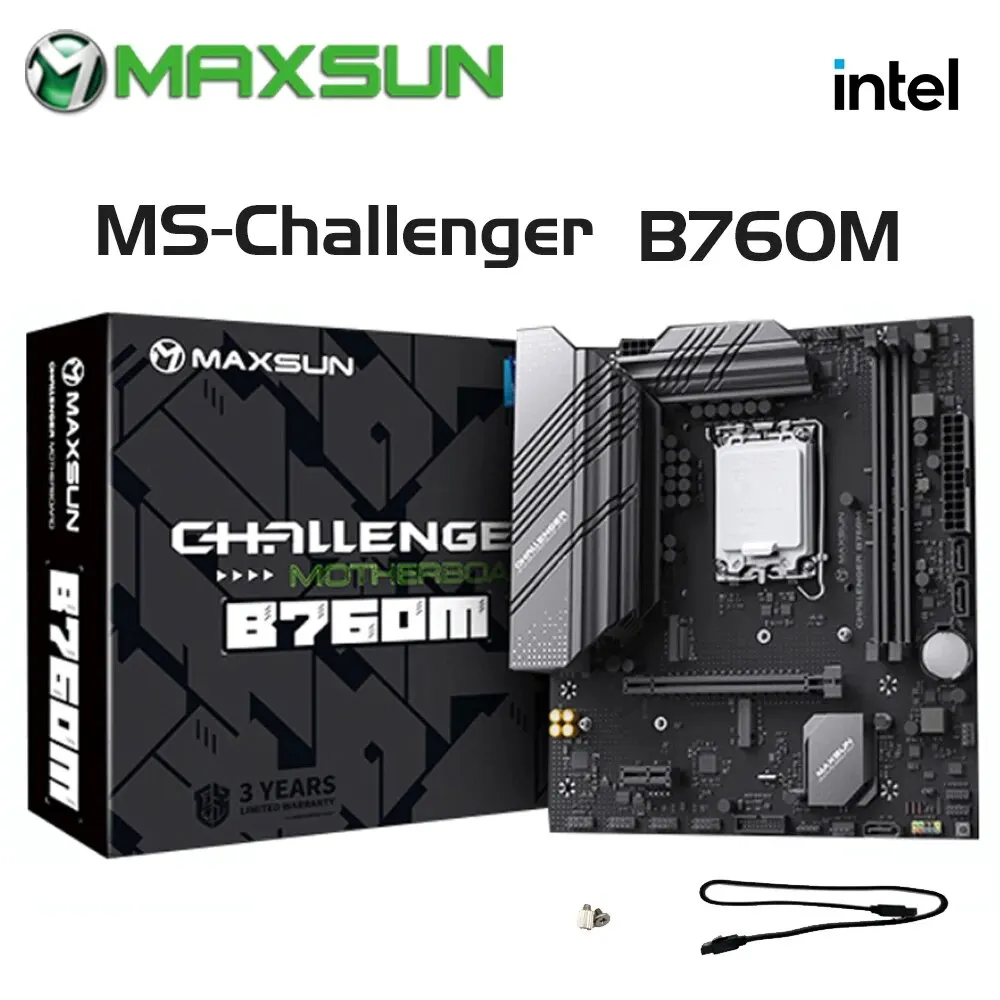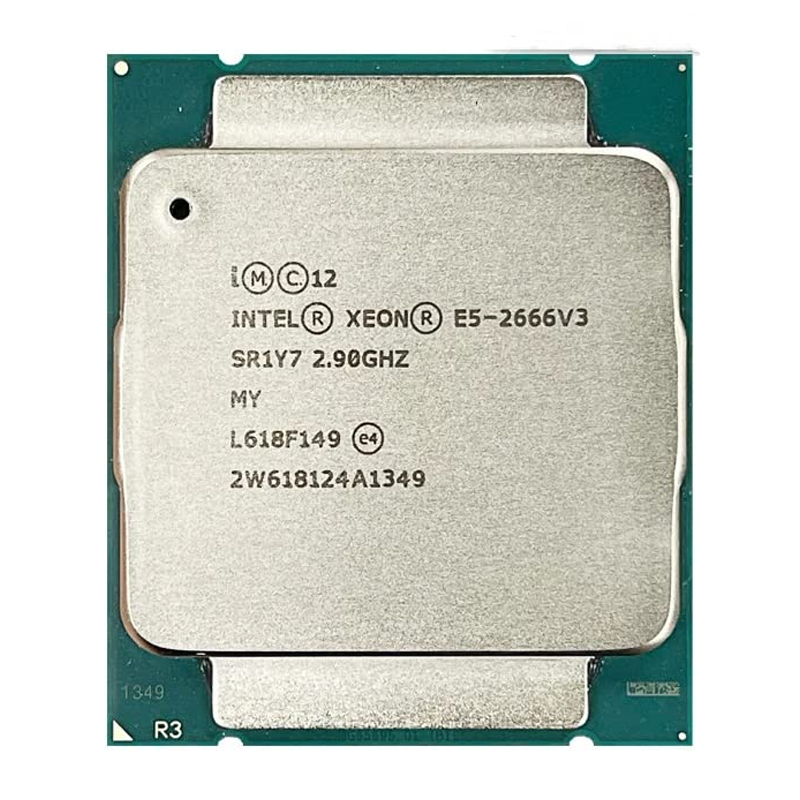Maximize Your CPU Performance: Essential Cooling Solutions for Gamers and Professionals
As modern computing power continues to surge, the need for efficient cooling solutions has become increasingly critical to maintaining the performance and lifespan of CPUs. Whether you’re a gamer pushing the limits of performance or a professional handling intensive data processing tasks, ensuring that your computer runs cool is essential. In this article, we will explore various cooling methods, the importance of adequate cooling, and tips for optimizing your CPU cooling solution.
Understanding the Importance of CPU Cooling
CPUs generate heat—there’s no way around it. As they process more data and perform demanding calculations, their thermal output increases. If left unchecked, excessive heat can lead to throttling, where the CPU automatically reduces its speed to prevent overheating, thus affecting performance. In the worst-case scenario, prolonged high temperatures can result in hardware damage.
The advantages of effective CPU cooling include:
- Enhanced Performance: Proper cooling ensures that your CPU can maintain higher clock speeds without throttling.
- Increased Longevity: Keeping temperatures within optimal ranges can extend the lifespan of your components.
- System Stability: Adequate cooling helps maintain system stability by preventing unexpected shutdowns or crashes related to overheating.
Types of Cooling Solutions
There are two primary types of cooling systems for CPUs: air cooling and liquid cooling. Each has its advantages and considerations that make them suitable for different setups and user preferences.
Air Cooling
Air cooling is the traditional and most common method of cooling CPUs. This system relies on heatsinks and fans to dissipate heat away from the processor:
- Heatsinks: These are metal structures, typically made of aluminum or copper, that absorb and disperse heat. They come in various shapes and sizes to fit specific CPU models.
- Fans: Attached to heatsinks, fans provide airflow over the heatsinks to enhance cooling performance. High-quality fans can significantly boost cooling efficiency while maintaining low noise levels.
Some benefits of air cooling include:
- Generally lower cost than liquid cooling systems.
- Simple installation and maintenance.
- Reliability since there are no liquid components that can leak.
Liquid Cooling
Liquid cooling, often considered more advanced, uses liquid coolant to transfer heat away from the CPU. This method generally yields better cooling performance, especially for overclocked systems:
- AIO (All-In-One) Coolers: These are pre-assembled liquid cooling units that are easy to install. They consist of a pump, radiator, and fans.
- Custom Loops: For enthusiasts, custom liquid cooling loops can be built to fit individual needs. They allow for greater customization and higher cooling performance but require more technical knowledge and maintenance.
The advantages of liquid cooling systems include:
- Superior heat dissipation, allowing for better performance under load.
- Lower noise levels, as liquid cooling systems can operate more quietly than high-speed fans.
- Enhanced aesthetics with options for RGB lighting and customized loops.
Choosing the Right Solution for Your Needs
Selecting the appropriate cooling solution comes down to various factors, including:
- CPU Usage: If you’re engaging in heavy gaming, 3D rendering, or overclocking, consider liquid cooling for its superior performance. For those building a high-performance setup, consider this MAXSUN B760M Motherboard, which optimizes performance and stability in demanding situations.
- Budget: Evaluate both initial costs and potential long-term maintenance costs. Air coolers tend to be more budget-friendly. The Intel Xeon E5 2666 V3 CPU provides excellent performance without breaking the bank, making it a great investment.
- Space Constraints: Some high-performance air coolers can be bulky. Consider case compatibility and the amount of available space when choosing your solution.
Tips for Optimizing CPU Cooling
Regardless of the cooling solution you choose, here are tips to maximize your CPU cooling efficiency:
- Maintain Good Airflow: Ensure that your case has an efficient airflow design. Position intake and exhaust fans properly to facilitate air circulation.
- Regular Cleaning: Dust build-up can significantly impair cooling efficiency. Regularly clean your fans and heatsinks to maintain optimal airflow.
- Monitor Temperatures: Utilize software to monitor CPU temperatures and performance during intensive tasks. This can help you identify when additional cooling might be necessary.
- Apply Thermal Paste: Ensure that you use high-quality thermal paste and apply it correctly. This can significantly lower temperatures by enhancing thermal conductivity between the CPU and its cooler.
Conclusion
In summary, keeping your CPU cool is vital for maintaining performance and prolonging component lifespan. Whether you opt for air cooling or liquid cooling, understanding your system’s specific requirements will help you make an informed decision. Remember that regular maintenance, proper component selection, and smart system design can greatly enhance your system’s cooling efficiency, enabling your high-performance computer to run smoothly under any workload.

Consider this powerful MAXSUN B760M Motherboard for enhanced performance in your build.

Upgrade your performance with the Intel Xeon E5 2666 V3 CPU.





